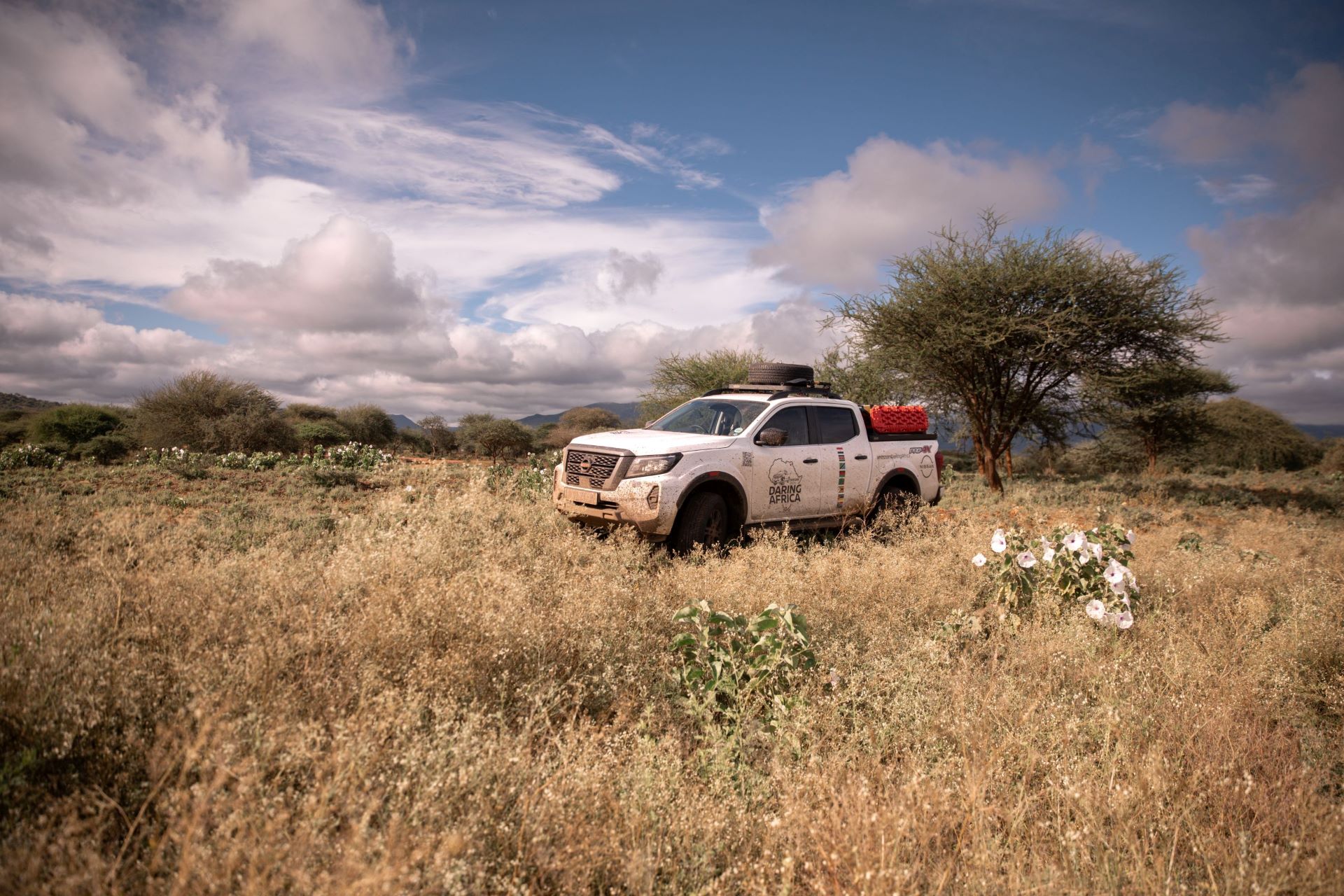Midrand – BMW South Africa has signed a power purchasing agreement with energy company Bio2Watt (Pty) Ltd. The off-take partnership will bring renewable energy to the car maker’s Rosslyn production facility, north of Pretoria. When the project comes on stream in the first quarter of 2015, between 25% and 30% of Plant Rosslyn’s energy requirement will be generated from renewable sources.
In what is thought to be the first private deal of its kind, the BMW / Bio2Watt initiative will mark the first commercially viable biogas-electricity project in South Africa. Power will be supplied from the 4.4 megawatts (MW) installed capacity Bronkhorstspruit Biogas Plant, located on the premises of one of South Africa’s largest feedlots (Beefcor) which provides the project with key fuel supplies, grid access and sufficient water supplied by Beefcor’s storm water collection dams.
Converting organic waste into electrical energy primarily for digester heating purposes, is a well proven technology which has gained further traction worldwide as the swing to renewable energy alternatives gains momentum and becomes price competitive with base forms of energy generation.
BMW strategy
“Corporate sustainability is firmly established as a guiding principle of our company’s strategy and culture. This announcement further demonstrates our commitment to sustainability,” says Tim Abbott, Managing Director of BMW South Africa.
“Since its inception in 2006, BMW Group’s CleanProduction initiative has endeavoured to maximise production efficiency and reduce energy consumption at all of BMW Group’s manufacturing plants around the world. Our vision is to achieve a completely carbon-neutral energy supply for the BMW Group. With this in mind, we set ourselves the goal of becoming a leader in the use of renewable energy by 2020.
As a result of our local CleanProduction initiatives, we’ve saved more than R60-million in energy overheads in the last five years at our plant and our Midrand head office, which has been recently renovated to achieve a 4-star Green Rating. We expect to make further strides in the area of sustainability with the introduction of our renewable power supply next year through the Bio2Watt project,” adds Abbott.
New Act will add impetus
Pending South African legislation in the form of a comprehensive Waste Management Act, which effectively bans organic waste from landfills by 2015, adds impetus to this renewable energy initiative.
According to Sean Thomas CEO of Bio2Watt, the act will boost the conversion of organic waste material (cow manure, food and abattoir waste, fruit and vegetable waste, dairy waste, etc.) into electricity through anaerobic digestion.
“The Waste Management Act represents the basic regulatory condition for Bio2Watt’s continued success. That said, we prefer to not rely solely on the Renewable Energy Independent Power Producer Programme, but to deal with willing buyers of renewable power from the private sector who, as in the case with BMW South Africa, place a value on creating sustainable business relationships,” says Thomas.
Widespread support
He explained that the project received tremendous support from various stakeholders including BMW South Africa as the electricity off-taker, Eskom and the City of Tshwane as enablers of the grid connection. Tshwane are also a key supplier of organic waste, diverting the bulk of its organic waste away from landfills, to be processed directly in the biogas plant.
Other supporters are the Dutch sustainable development agency, NL Agency for development funding and other private investors, including Norfund, ChloroPhil representing a private family, Bosch Holdings and the Bertha Foundation as equity providers.
“We were looking for large industries, wishing to make a meaningful and sustainable contribution to progressing waste management and climate change mitigation in Southern Africa,” concludes Thomas. “We’re glad one of the world’s most sustainable car makers, in the form of the BMW Group, heeded this call.”




